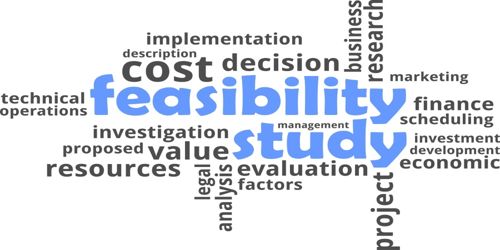Different Phases of the Feasibility Study in Project Analysis:
Feasibility study is concerned with the first four phases of capital budgeting. It is an analysis of the ability to complete a project successfully, taking into account legal, economic, technological, scheduling, and other factors. We can explain these in the following ways:
- Planning
- Analysis,
- Selection,
- Financing,
- Implementation.
- Review.
Planning: The planning phase involves investment strategy and the generation and preliminary screening of project proposals. The investment strategy provides the framework that shapes, guides and circumscribes the identification of individual project opportunities.
Analysis: If the preliminary screening suggests that the project is worth investing, a detailed analysis of the marketing, technical, financial, economic, and ecological aspects is conducted.
Selection: The selection process addresses the question is the project worth investing? A wide range of appraisal criteria has been suggested to judge the worth of a project. There are two broad categories. Non-Discounting criteria and Discounting criteria.
Financing: Financing is the act of providing funds for business activities, making purchases, or investing. Financial institutions and banks are in the business of financing as they provide capital to businesses, consumers, and investors to help them achieve their goals.
Implementation: The implementation phase for an industrial project, which involves the setting up of manufacturing facilities, consists of several stages:
- Project and engineering designs,
- Negotiations and contracting,
- Construction,
- Training,
- Plant commissioning.
Review: Once the project is commissioned, a review phase has to be set in motion. The performance review should be done periodically to compare the actual performance with the projected performance. In this stage, feedback is useful in several ways:
- It focuses on realistic assumptions,
- It provides experience, which will be valuable in future, decision making,
- It suggests corrective action,
- It helps to uncover judgmental biases,
- It advocates the need for caution among project sponsors.















